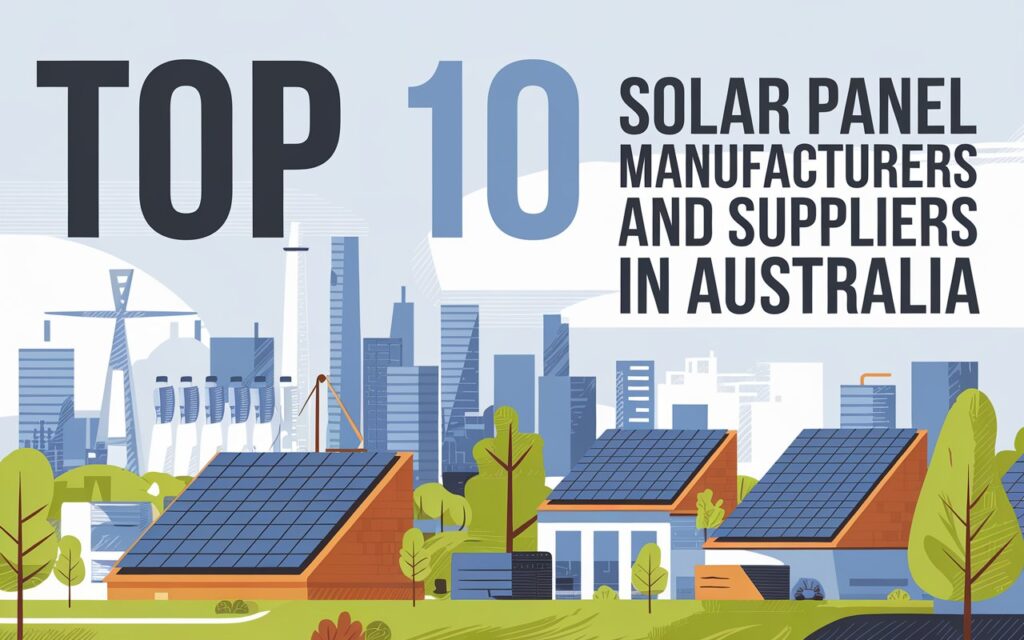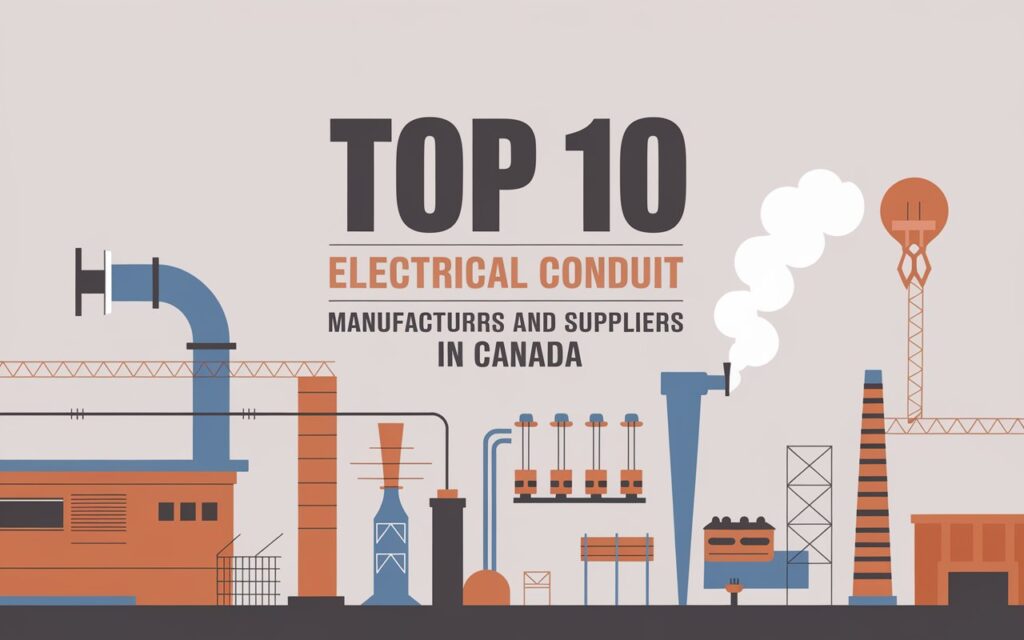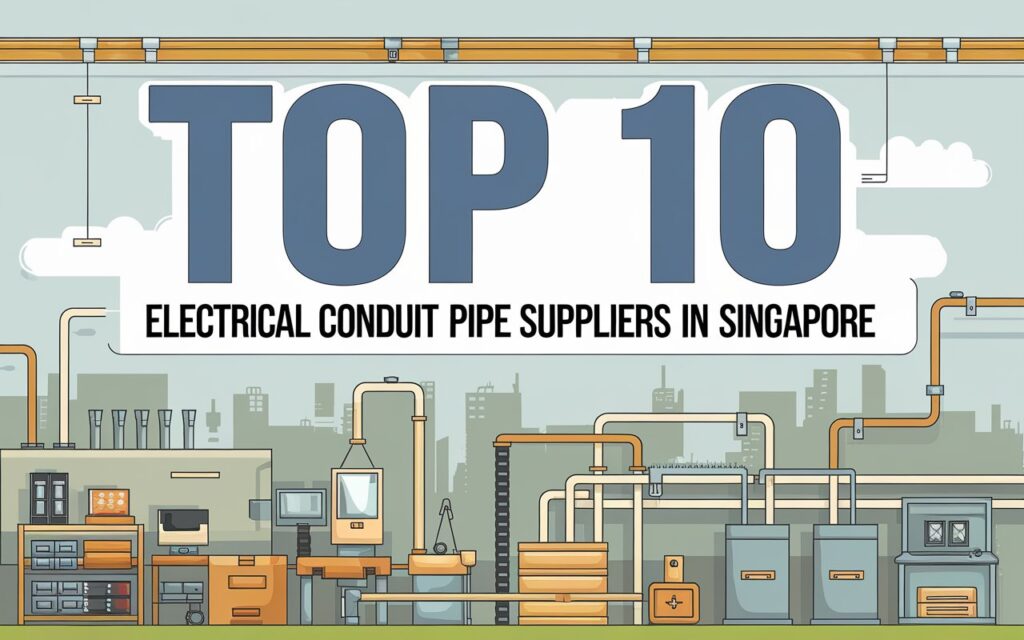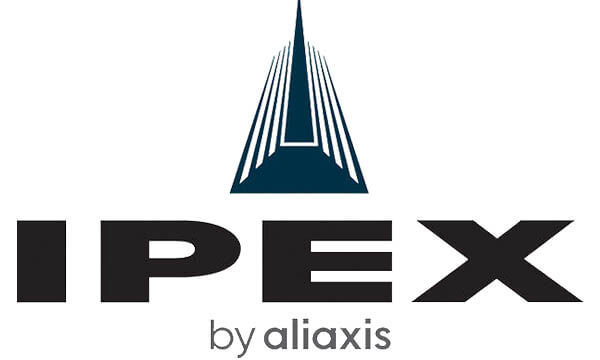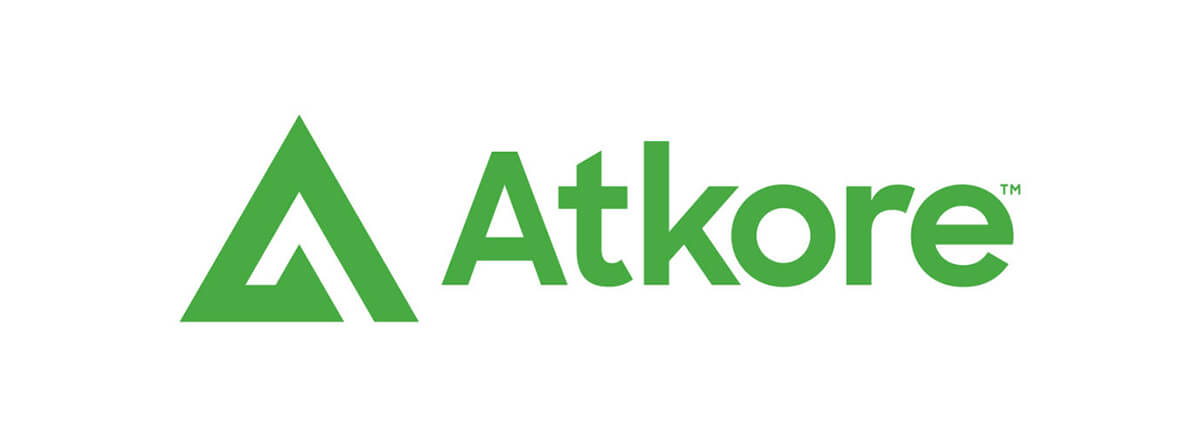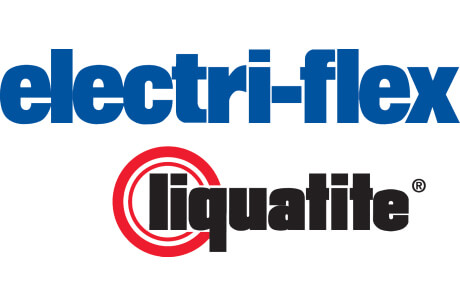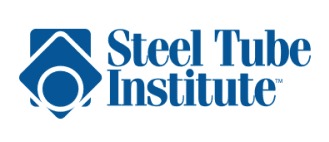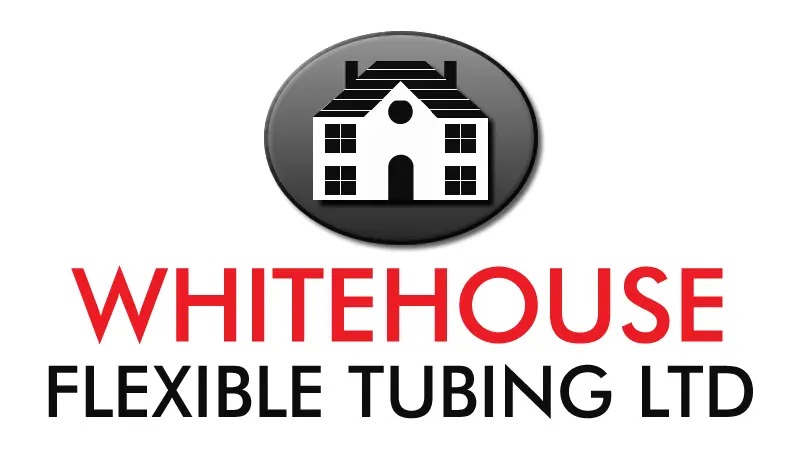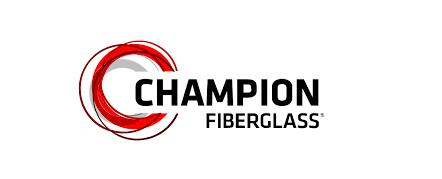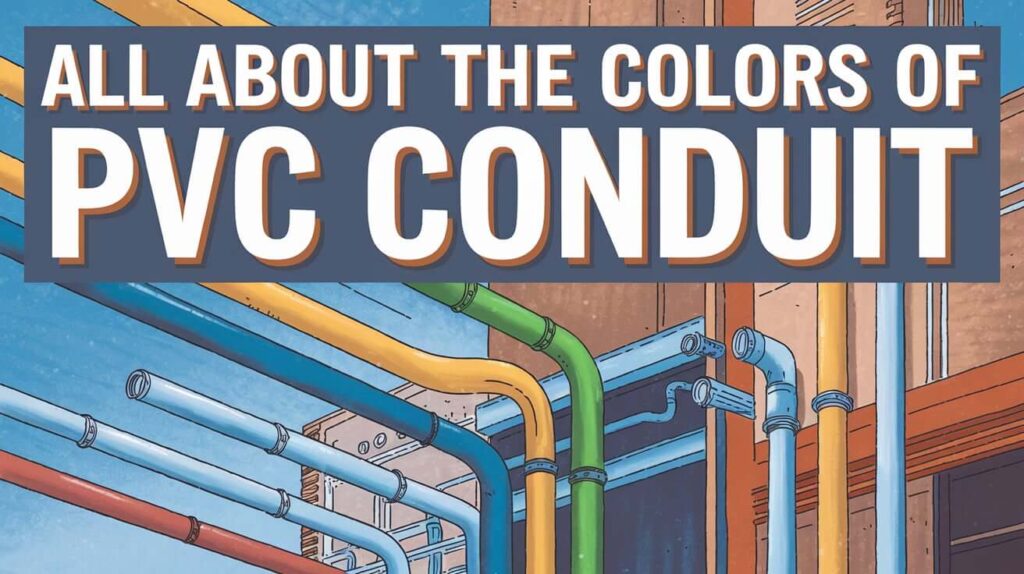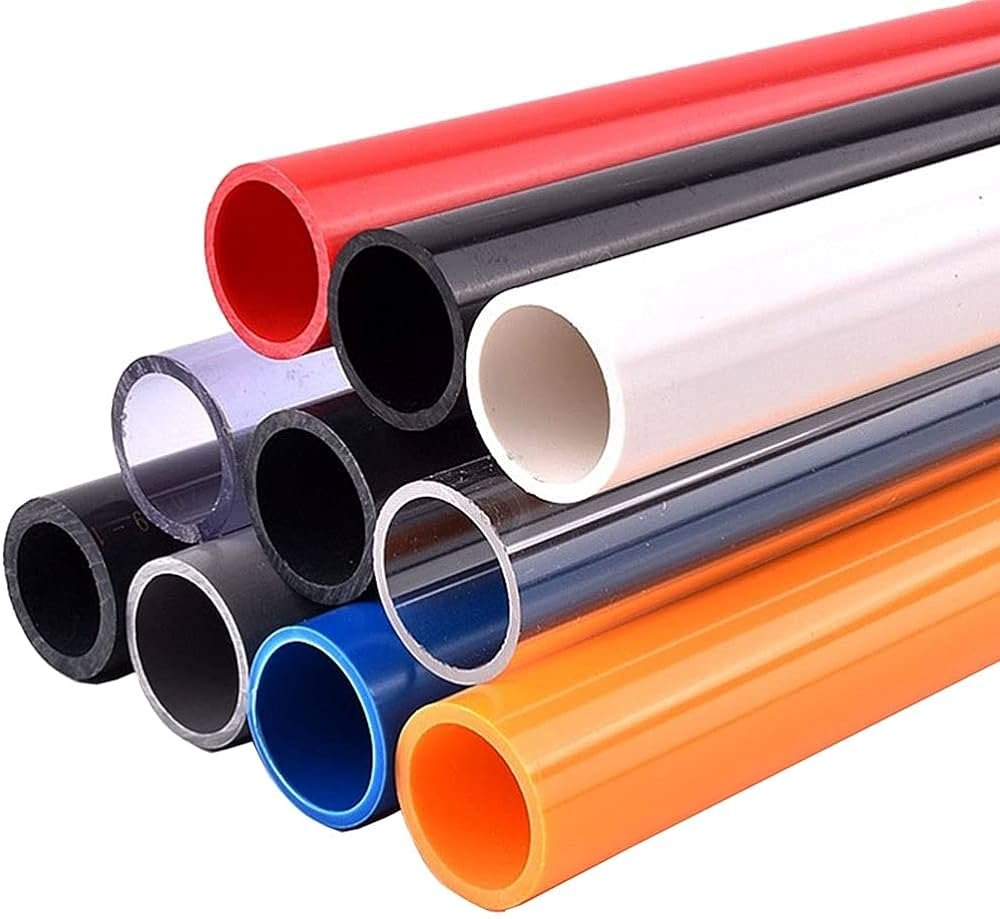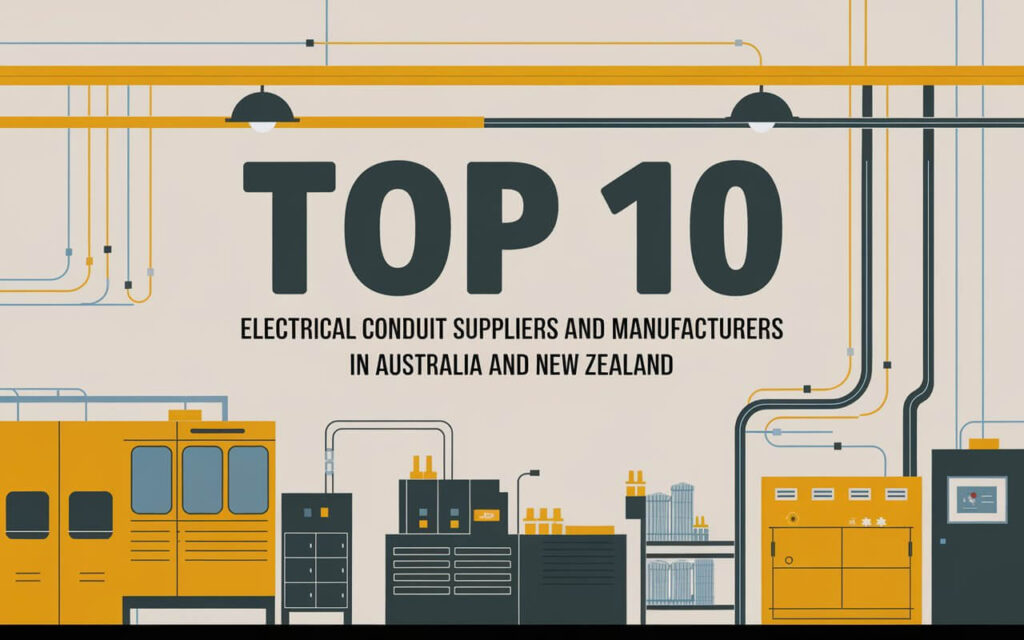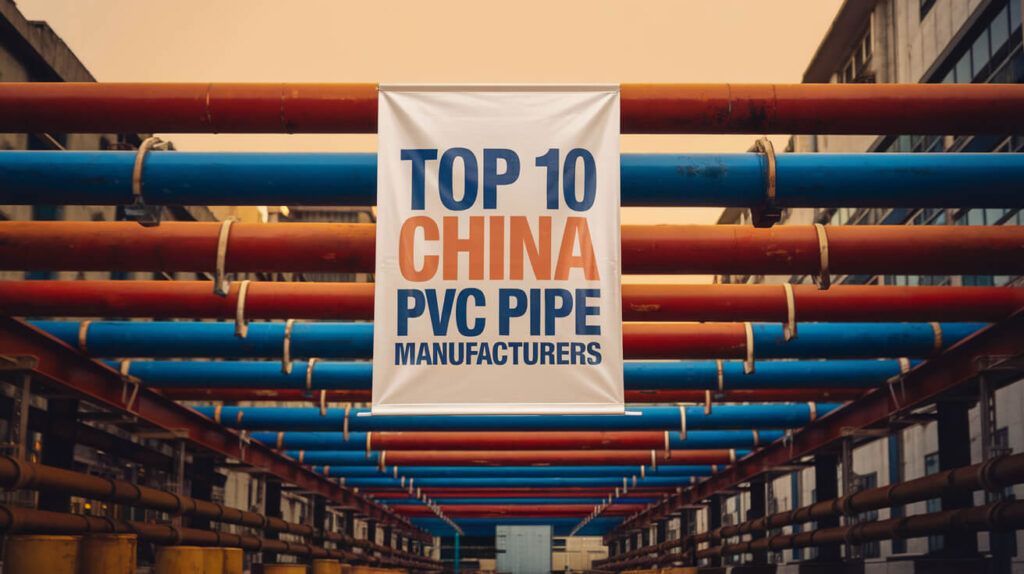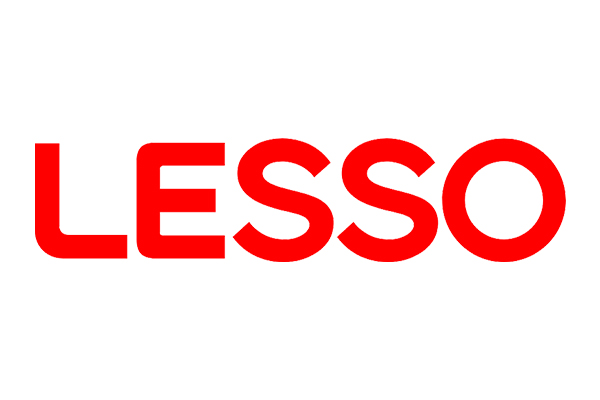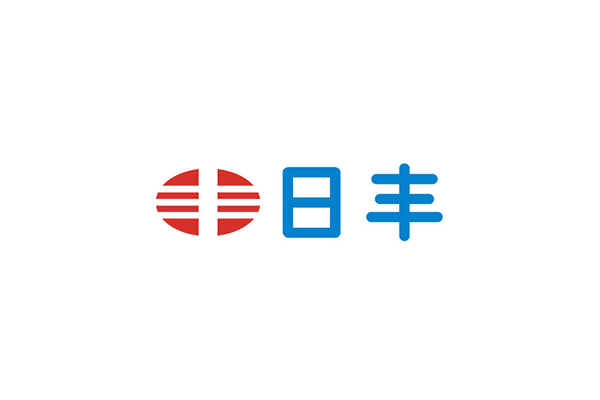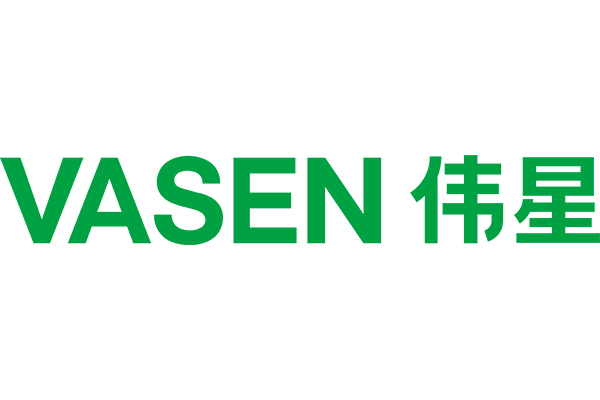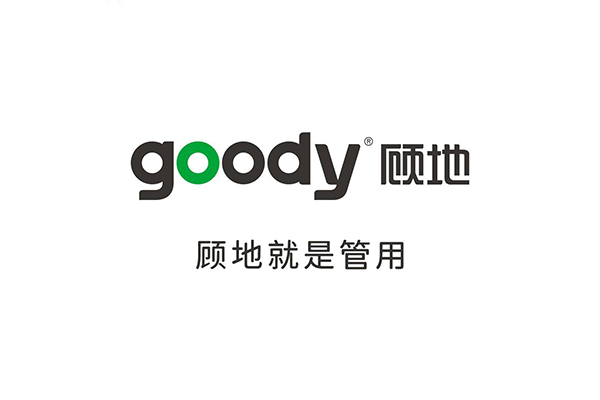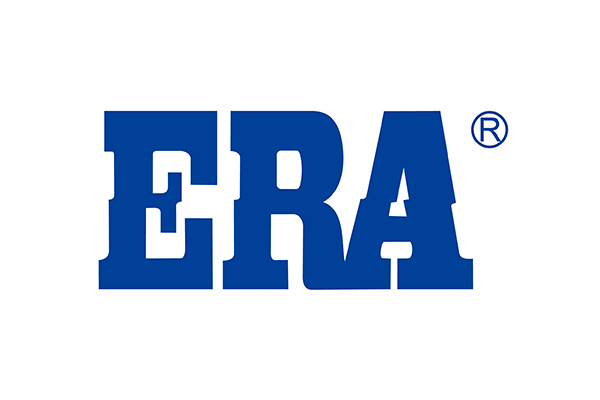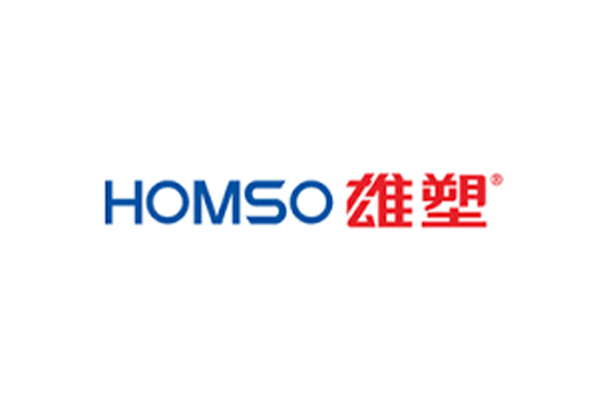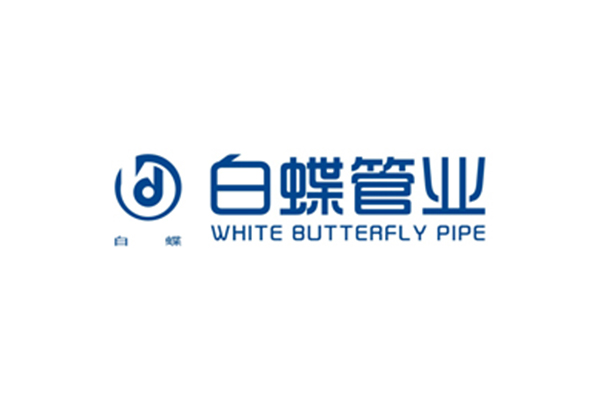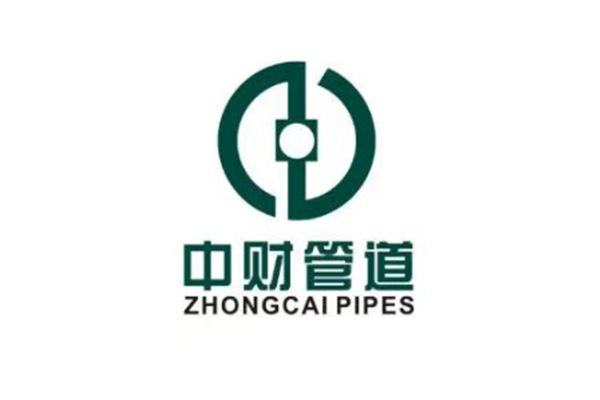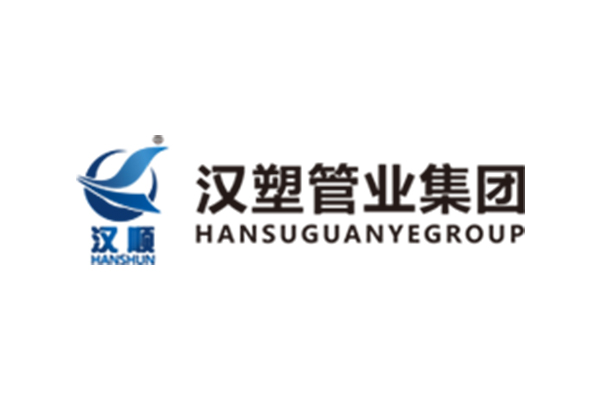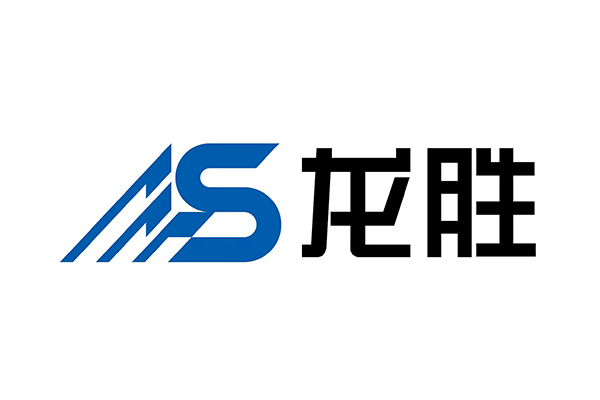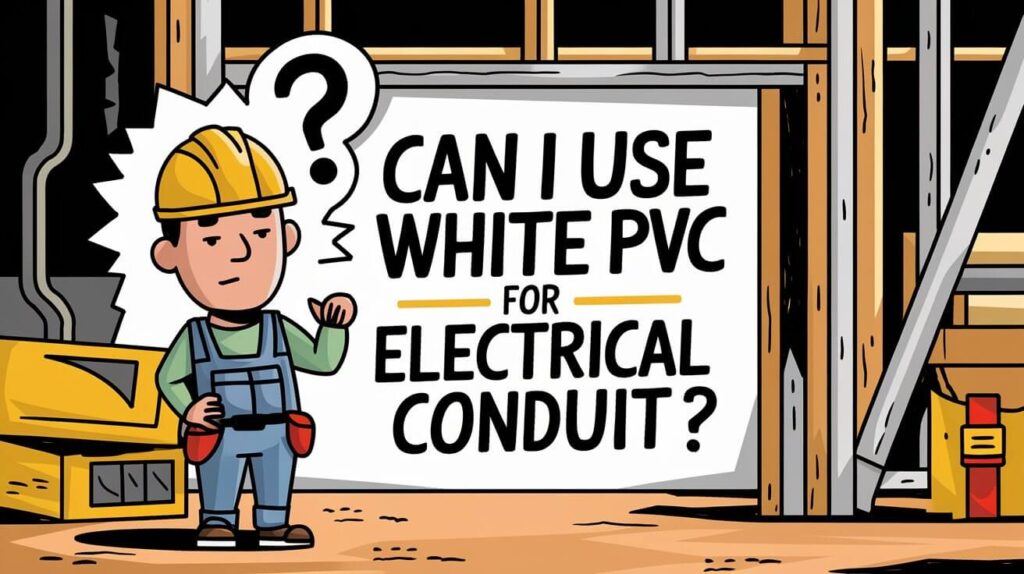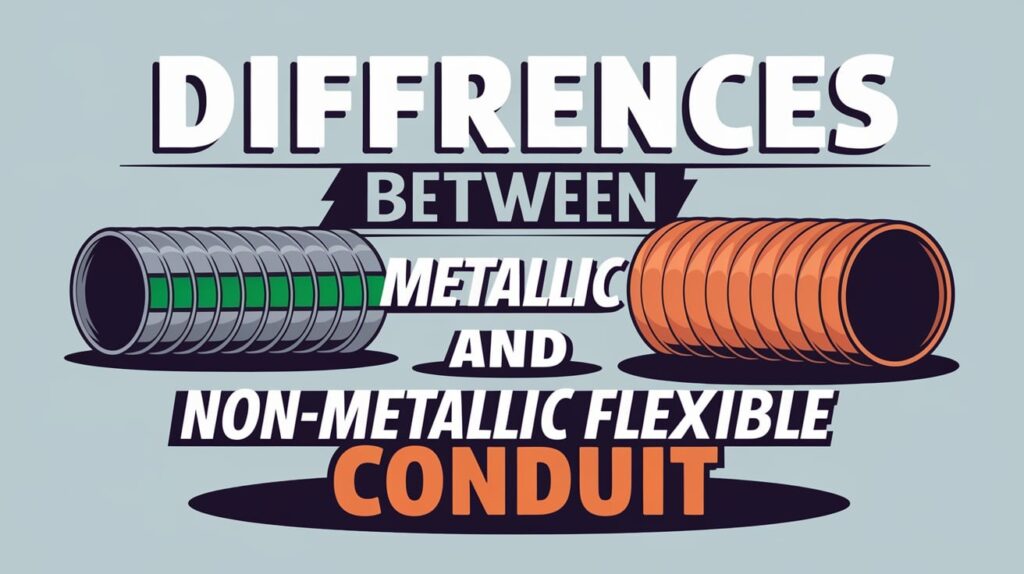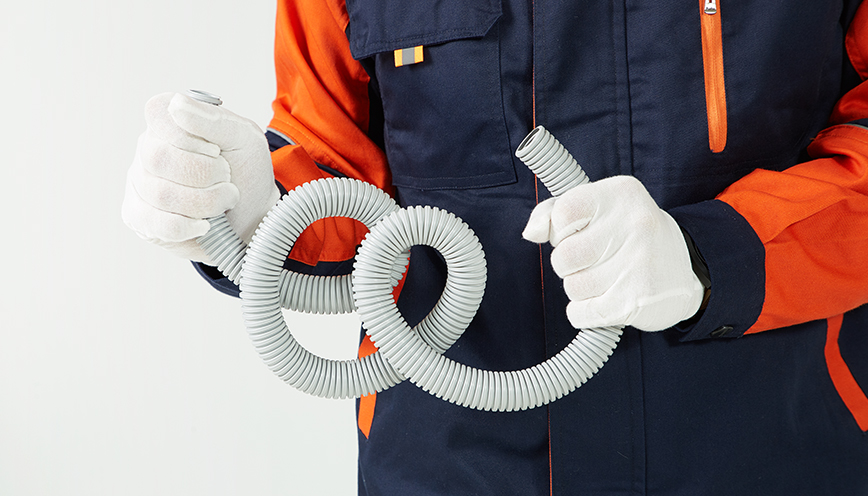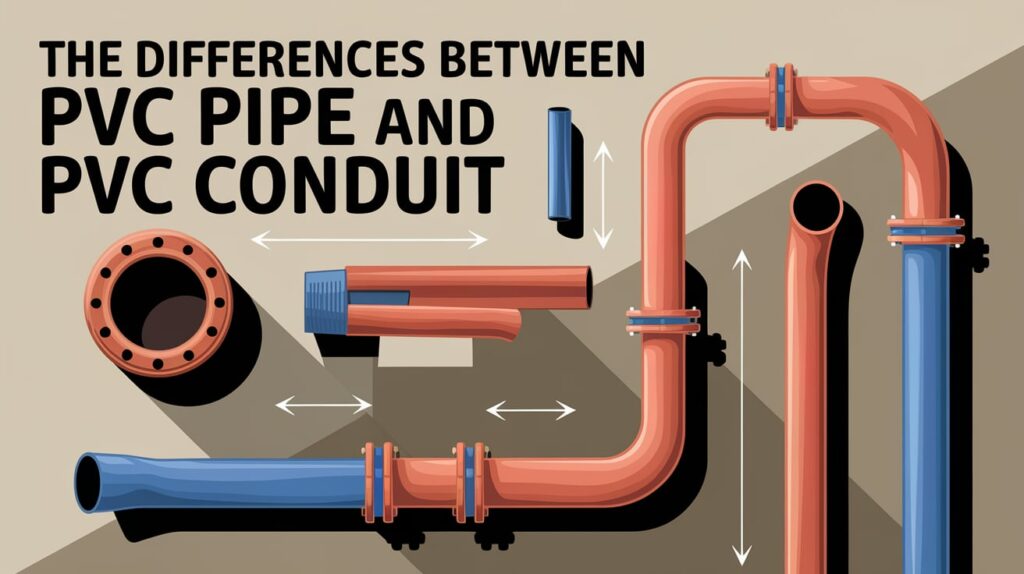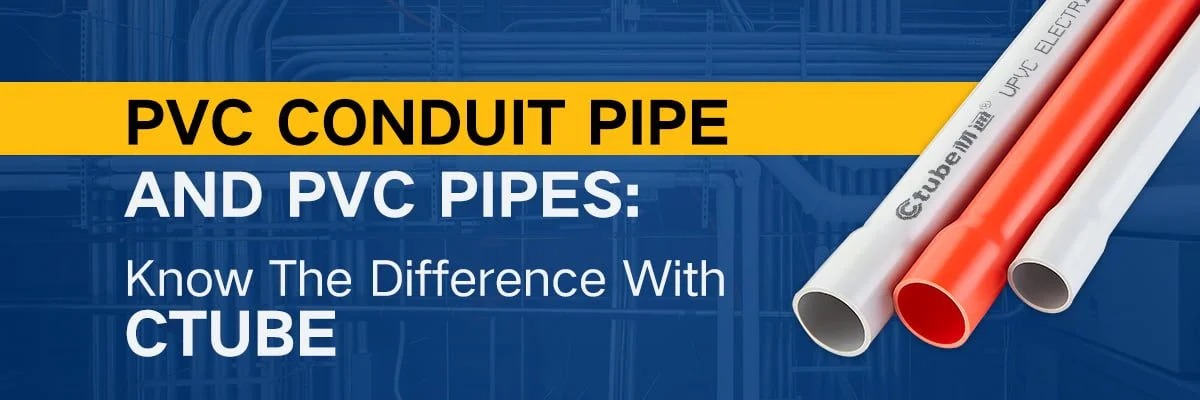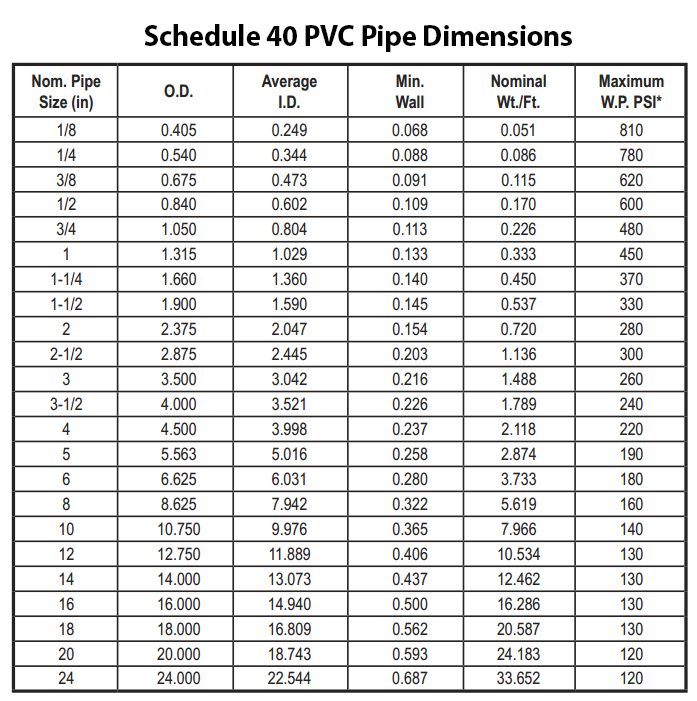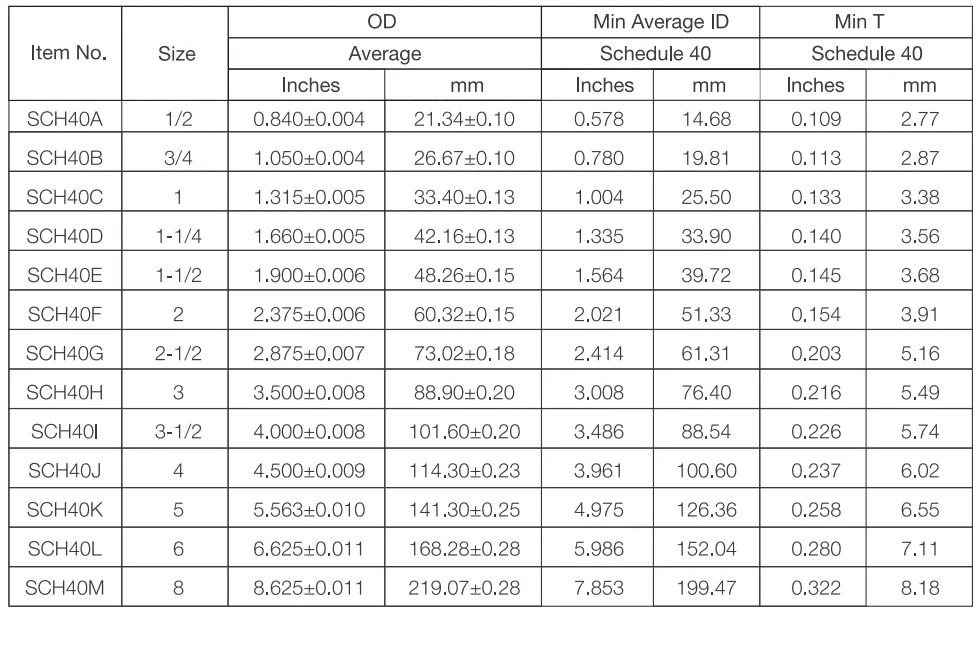Top 10 Solar Panel Manufacturers and Suppliers in Australia
In recent years, the demand for renewable energy sources has surged worldwide, and solar power has emerged as a sustainable and reliable solution. Australia, with its abundant sunshine and a strong commitment to clean energy, has become a thriving hub for solar panel manufacturing and innovation. The country’s vast landscapes and favorable government policies have paved the way for the emergence of several prominent solar panel manufacturers.
This article aims to provide an overview of the top 10 solar panel manufacturers in Australia, who have played a pivotal role in shaping the nation’s solar industry. These companies have demonstrated excellence through their cutting-edge technology, high-quality products, and commitment to sustainability. From residential rooftops to large-scale commercial installations, their solar panels have been instrumental in harnessing the power of the sun and driving Australia towards a greener future.
-
Canadian Solar
Canadian Solar, founded in 2001, is a leading global solar panel manufacturer headquartered in Canada. With a strong presence in the Australian market, Canadian Solar has become a trusted name in the renewable energy industry.
Canadian Solar has established itself as one of the largest solar panel manufacturers globally. With a robust manufacturing capacity and a vast distribution network, the company has been able to meet the growing demand for solar panels in Australia and around the world.
Core Business:
The core business of Canadian Solar revolves around the design, development, and production of high-quality solar panels. The company covers the entire solar value chain, including ingot and wafer production, solar cell manufacturing, module assembly, and solar project development.
Main Products:
Canadian Solar offers a diverse range of solar panel products tailored to various applications. Their product portfolio includes monocrystalline and polycrystalline solar panels, bifacial solar panels, and smart modules. These panels are designed to deliver high efficiency and reliable performance, ensuring optimal energy generation from sunlight.
The company also provides complete solar energy solutions, including solar system design, installation, and maintenance services. Canadian Solar’s expertise extends to both residential and commercial-scale projects, offering customized solar solutions to meet specific energy needs.
-
Astronergy
Astronergy, a subsidiary of the CHINT Group, is an intelligent manufacturing enterprise focused on photovoltaic cells and modules. Since its establishment in 2006, Astronergy has been at the forefront of China’s private enterprises entering the photovoltaic field. The company has gained recognition as a pioneer in n-type TOPCon PV modules.
With a presence in over 140 countries and regions, Astronergy has established intelligent manufacturing bases in multiple locations, including Haining in Zhejiang, Yancheng in Jiangsu, Jiuquan in Gansu, Songyuan in Jilin, Fengyang in Anhui, Yiwu in Zhejiang, Yanchi in Ningxia, and in Thailand.Additionally, Astronergy has set up branch companies and sales centers in several countries, such as Germany, Spain, the Netherlands, Poland, the United States, Canada, Brazil, Australia, Singapore, Japan, and Thailand. This extensive global network has enabled Astronergy to achieve significant sales performance in international mainstream markets, including Europe, North America, Latin America, and the Asia Pacific region.
Astronergy has been a key contributor to the development of industry standards and has received several accolades for its achievements. The company played a crucial role as the main compiler of the first PV module product standard in Zhejiang Province. It has also been recognized as a “TOP Performer” by PVEL, an authoritative PV module performance testing laboratory, a remarkable seven times. Furthermore, Astronergy has been listed as a “Tier 1 PV Module Manufacturer” by Bloomberg New Energy Finance (BNEF), a renowned international research institution, on multiple occasions. Notably, EuPD Research acknowledged Astronergy as the “TOP Brand PV 2023” in the module category in Germany’s and South Africa’s markets.
-
Jinko
Jinko Solar, founded in 2006, has emerged as one of the world’s largest and most innovative solar module manufacturers. With a relentless focus on technological advancements and a commitment to sustainability, Jinko Solar has become a trusted name in the global solar industry.
Company Scale:
Jinko Solar operates on a global scale, with a robust manufacturing and sales presence in countries such as China, the United States, Malaysia, Mexico, Germany, and others. The company boasts a significant production capacity, allowing it to meet the increasing demand for solar modules worldwide. Jinko Solar’s expansive global footprint enables them to serve a diverse range of markets and customers.
Technological Leadership:
Jinko Solar has consistently placed a strong emphasis on research and development, driving technological innovation in the solar industry. The company has made significant breakthroughs in areas such as multi-busbar (MBB) technology, half-cell technology, and PERC (Passivated Emitter Rear Contact) cells, leading to improved module efficiency and performance. By leveraging these cutting-edge technologies, Jinko Solar delivers solar modules that maximize energy production and optimize system-level performance.
Product Portfolio:
Jinko Solar offers a comprehensive range of solar modules tailored to various applications and customer needs. Their product lineup includes monocrystalline, polycrystalline, and bifacial modules, catering to residential, commercial, and utility-scale installations. These modules are known for their high efficiency, durability, and reliability, making them a popular choice for solar projects worldwide. Jinko Solar’s commitment to quality is reflected in their modules’ adherence to rigorous international standards and certifications.
Industry Recognition:
Jinko Solar has received numerous accolades and industry recognition for its outstanding contributions to the solar industry. The company has been consistently ranked among the top solar module manufacturers globally and has been recognized as a “Tier 1” module supplier by Bloomberg New Energy Finance (BNEF). Jinko Solar’s commitment to quality, innovation, and customer satisfaction has earned the trust of industry professionals and partners worldwide.
-
JA Solar
JA Solar, established in 2005, is a renowned solar module manufacturer with a strong focus on technological innovation and sustainable energy solutions. With a commitment to delivering high-quality products and driving the global solar energy transformation, JA Solar has established itself as a leading player in the industry.
Technological Leadership:
JA Solar has made significant advancements in solar cell and module technologies, positioning itself at the forefront of the industry. The company has invested heavily in research and development, resulting in breakthroughs in PERC (Passivated Emitter Rear Contact) cell technology, bifacial modules, and half-cell modules. These innovations have led to improved module efficiency, enhanced power output, and increased performance reliability.
Product Portfolio:
JA Solar offers a wide range of solar modules designed to cater to diverse applications and customer requirements. Their product lineup includes both monocrystalline and polycrystalline modules, known for their exceptional performance, durability, and reliability. JA Solar’s modules are engineered to deliver high conversion efficiency, enabling customers to maximize energy production and achieve optimal return on investment.
Global Presence:
With a global manufacturing and sales network, JA Solar has established a strong market presence in numerous countries around the world. The company has manufacturing facilities in China, Malaysia, and Vietnam, allowing it to effectively meet the growing demand for solar modules. JA Solar’s extensive global reach ensures that customers worldwide have access to their cutting-edge solar solutions.
JA Solar has received widespread recognition for its technological achievements and industry contributions. The company has been consistently ranked among the top solar module manufacturers globally and has received accolades for its product quality and performance. JA Solar’s commitment to excellence and customer satisfaction has earned the trust and recognition of industry experts and partners worldwide.
-
Hanwha Q Cells
Hanwha Q Cells, a division of the Hanwha Group, stands out as a global leader in solar module manufacturing, driven by its commitment to innovation and sustainability. With a strong focus on research and development, Hanwha Q Cells has played a pivotal role in advancing the solar industry and driving the adoption of clean energy solutions.
Technological Excellence:
Hanwha Q Cells is renowned for its cutting-edge solar technologies. The company has made significant breakthroughs in PERC (Passivated Emitter Rear Contact) cell technology, resulting in modules with exceptional conversion efficiency and increased energy yield. Hanwha Q Cells also specializes in advanced module architectures, such as half-cell and multi-busbar designs, which optimize module performance and enhance overall system reliability.
Product Portfolio:
Hanwha Q Cells offers a diverse range of high-quality solar modules tailored to various applications and environments. Their product lineup includes monocrystalline, polycrystalline, and bifacial modules, providing customers with versatile options to meet specific project requirements. Hanwha Q Cells’ modules are renowned for their durability, efficiency, and long-term reliability, ensuring optimal energy production and system performance.
Global Reach:
With a robust global presence, Hanwha Q Cells has established manufacturing facilities, sales offices, and service centers across multiple countries. The company’s extensive network enables it to effectively cater to customers in diverse markets and regions, contributing to the global adoption of solar energy solutions. Hanwha Q Cells’ dedication to customer satisfaction and support further strengthens its position as a trusted partner in the solar industry.
Industry Recognition:
Hanwha Q Cells has garnered widespread recognition and accolades for its excellence in solar module manufacturing. The company consistently ranks among the top global module suppliers and has received awards for its product quality, performance, and reliability. Hanwha Q Cells’ commitment to innovation and customer-centric solutions has solidified its reputation as a leading player in the solar market.
-
Hyundai
Hyundai is a multinational conglomerate based in South Korea that operates in various industries, including automotive, heavy industries, and renewable energy. While primarily known for its automobile manufacturing, Hyundai has also made significant strides in the renewable energy sector, particularly in solar energy.
Solar Module Manufacturing: Hyundai has established itself as a prominent player in the solar module manufacturing space. The company produces a wide range of high-quality solar modules that are renowned for their efficiency, reliability, and durability. Hyundai’s solar modules are designed to deliver optimal performance and maximize energy production in various applications.
Technological Innovation: Hyundai has invested in research and development to drive technological innovation in the solar energy sector. The company has developed advanced solar cell technologies, including PERC (Passivated Emitter Rear Contact) cells, which enhance module efficiency and increase energy output. Hyundai continues to explore new advancements in solar technology to improve the performance and competitiveness of its products.
Integrated Solar Solutions: Hyundai offers comprehensive solar solutions, encompassing not only solar modules but also related components and systems. The company provides inverters, energy storage solutions, and monitoring systems, allowing customers to create integrated solar power systems tailored to their specific needs. Hyundai’s holistic approach simplifies the installation and management of solar energy systems.
Commitment to Sustainability: Hyundai has made sustainability a core focus across its operations. In addition to its advancements in solar energy, the company is actively involved in developing electric and hydrogen fuel cell vehicles to reduce carbon emissions in the transportation sector. Hyundai also implements eco-friendly manufacturing practices and invests in renewable energy projects to support a greener future.
Global Market Presence: Hyundai has a strong global market presence, with a wide distribution network and sales operations in various countries. The company has successfully penetrated key markets, including the United States, Europe, and Asia, through strategic partnerships and localized marketing efforts. Hyundai’s global market presence allows it to cater to a diverse customer base and adapt to regional preferences and requirements.
-
Longi
Longi, also known as LONGi Green Energy Technology Co., Ltd., is a leading global manufacturer of monocrystalline solar modules and a key player in the solar industry. Known for its technological advancements and commitment to sustainability, Longi has established itself as a reliable provider of high-efficiency solar solutions.
Here are some key details about Longi:
Monocrystalline Solar Module Expertise: Longi specializes in the production of monocrystalline solar modules, which are renowned for their high efficiency and performance. The company leverages its expertise in monocrystalline technology to manufacture modules with superior power output, enabling customers to maximize energy production and optimize system performance.
PERC Cell Technology: Longi has been at the forefront of PERC (Passivated Emitter Rear Contact) cell technology development. PERC cells feature a passivation layer on the rear surface, which reduces electron recombination and increases cell efficiency. Longi’s PERC modules deliver higher energy yields, making them a preferred choice for residential, commercial, and utility-scale solar installations.
Continuous Technological Innovation: Longi places a strong emphasis on research and development to drive technological innovation in the solar industry. The company invests significant resources in advancing its manufacturing processes and module technologies, aiming to continually improve efficiency, reliability, and overall performance. Longi has pioneered several breakthroughs in cell and module technologies, contributing to the progress of the solar industry.
Global Market Presence: Longi has established a strong global market presence, with a wide customer base in regions such as Europe, the Americas, Asia, and Africa. The company’s extensive distribution network and partnerships enable it to cater to diverse markets and provide localized support to customers worldwide. Longi’s global market presence reflects its ability to meet the needs of customers across different geographical regions.
-
Trina Solar
Trina Solar, officially known as Trina Solar Limited, is a renowned global provider of solar energy solutions and one of the largest solar module manufacturers in the world. With a strong focus on innovation, quality, and sustainability, Trina Solar has established itself as a trusted brand in the solar industry.
Vertical Integration and Manufacturing Excellence: Trina Solar is vertically integrated, encompassing the entire solar value chain, from ingot and wafer production to solar cell and module manufacturing. This vertical integration enables the company to maintain strict quality control and optimize efficiency throughout the manufacturing process. Trina Solar’s state-of-the-art manufacturing facilities are equipped with advanced technologies to deliver high-performance solar modules.
High-Efficiency Solar Modules: Trina Solar is known for its high-efficiency solar modules that maximize energy production and system performance. The company offers a diverse range of modules, including monocrystalline, multicrystalline, and bifacial modules, catering to various project requirements. Trina Solar’s modules are designed to deliver exceptional performance in different weather conditions, ensuring reliable and efficient energy generation.
Technological Innovation: Trina Solar places a strong emphasis on research and development to drive technological innovation in the solar industry. The company has made significant advancements in solar cell and module technologies, including PERC (Passivated Emitter Rear Contact) cells and half-cut cell designs. These innovations improve module efficiency, enhance power output, and optimize performance under low-light conditions.
Commitment to Sustainability: Trina Solar is dedicated to promoting sustainability in the solar industry. The company has implemented several initiatives to reduce its carbon footprint, such as optimizing energy efficiency in manufacturing processes and utilizing renewable energy sources in its operations. Trina Solar also actively participates in recycling programs to minimize waste and ensure responsible disposal of solar products.
Global Market Presence: Trina Solar has established a strong global market presence with a widespread distribution network. The company has successfully entered and expanded its presence in key markets worldwide, including Europe, North America, Asia, and Australia. Trina Solar’s extensive market reach enables it to cater to a diverse range of customers and effectively meet the growing demand for solar energy solutions.
-
SunPower
SunPower Corporation, commonly known as SunPower, is a global leader in solar energy solutions and services. The company specializes in high-efficiency solar panels, solar systems, and energy storage solutions.
Technological Innovation: SunPower is known for its technological innovation in the solar industry. The company has developed advanced solar panel designs, such as its Maxeon® solar cells, which offer industry-leading efficiency and durability. SunPower continues to invest in research and development to enhance its products, improve energy conversion rates, and drive the adoption of solar energy worldwide.
Energy Storage Solutions: In addition to solar panels, SunPower offers energy storage solutions to optimize solar energy usage. These storage systems enable homeowners and businesses to store excess solar energy generated during the day for use during nighttime or periods of high demand. SunPower’s energy storage solutions provide greater energy independence and help maximize the benefits of solar power.
Commitment to Sustainability: SunPower is committed to sustainability and is actively involved in promoting clean and renewable energy. The company’s solar panels are designed to maximize energy production, making them highly efficient and reducing the overall carbon footprint. SunPower also focuses on responsible manufacturing practices, utilizing eco-friendly materials and minimizing waste throughout the production process.
-
REC (Renewable Energy Corporation)
REC is a prominent global provider of solar energy solutions and a leading manufacturer of solar panels. The company is renowned for its high-quality solar products and commitment to sustainability.
Product Portfolio: REC offers a diverse range of solar panels suitable for different applications and customer needs. The company’s product portfolio includes monocrystalline and multicrystalline solar panels, each designed to deliver high levels of efficiency and power output. REC’s solar panels are known for their quality craftsmanship, robustness, and long-term reliability.
Technological Innovation: REC is at the forefront of solar technology innovation. The company invests heavily in research and development to improve the efficiency and performance of its solar panels. REC has introduced advanced technologies such as PERC (Passivated Emitter Rear Contact) and TwinPeak to enhance the energy production and reliability of its solar modules. These innovations contribute to the overall advancement of the solar industry.
Customer Support and Service: REC prioritizes customer satisfaction and provides comprehensive support throughout the solar project lifecycle. The company offers technical assistance, training programs, and warranty support to ensure customers receive the necessary guidance and peace of mind. REC’s customer-centric approach has contributed to its reputation as a reliable and customer-friendly solar solutions provider.
Industry Recognition: REC has received significant industry recognition for its solar panels and commitment to excellence. The company’s solar modules have been awarded certifications and accolades for their performance, reliability, and durability. REC’s focus on continuous improvement and product innovation has allowed it to gain recognition as a reliable and trusted brand within the solar industry.
Renewable Energy Development
In today’s rapidly evolving world, the sustainable development and importance of the renewable energy sector, including solar energy, cannot be overstated. The transition to clean and renewable energy sources has become imperative to address climate change, reduce dependence on fossil fuels, and ensure a sustainable future for generations to come.
As the demand for renewable energy continues to grow, solar power has emerged as a frontrunner due to its abundant availability and eco-friendly nature. Solar installations have witnessed significant advancements and widespread adoption across residential, commercial, and utility-scale applications. However, ensuring the safe installation and operation of solar systems is paramount to maximize their benefits and mitigate potential risks.
One vital aspect of solar installation safety is the proper implementation of electrical conduit. Electrical conduit, as an indispensable component, plays a crucial role in safeguarding the electrical wiring within solar systems. By providing a protective pathway, electrical conduit offers several key advantages:
- Protection: Electrical conduit shields the electrical wiring from physical damage, moisture, and environmental factors, ensuring the integrity and durability of the electrical connections within the solar system.
- Compliance: Following electrical codes and regulations is essential for safety and regulatory compliance. Electrical conduit helps solar installations meet these requirements, ensuring a safe and code-compliant installation.
- Organization and Maintenance: Properly routed electrical conduit enables efficient organization and management of wiring, simplifying maintenance, troubleshooting, and future system upgrades or expansions.
- Environmental Resilience: Electrical conduit adds an extra layer of protection against environmental elements such as moisture, UV exposure, and extreme temperatures, safeguarding the wiring and enhancing the long-term performance of the solar system.
Considering the increasing prevalence of solar energy, the safe installation and operation of solar systems become paramount. Incorporating electrical conduit as an integral part ensures the protection, compliance, organization, and longevity of the electrical wiring, contributing to the overall safety and reliability of the solar energy solution.
In conclusion, the rise of renewable energy, particularly solar power, marks a significant milestone in our pursuit of a sustainable future. Companies like REC and Risen are at the forefront of this movement, driving innovation and providing high-quality solar solutions.
As we move forward, the continued development and widespread adoption of renewable energy technologies will be instrumental in combating climate change and reducing our dependence on fossil fuels. Solar energy, with its abundance and environmental benefits, will play a pivotal role in achieving a greener future.
Top 10 Solar Panel Manufacturers and Suppliers in Australia Read More »

